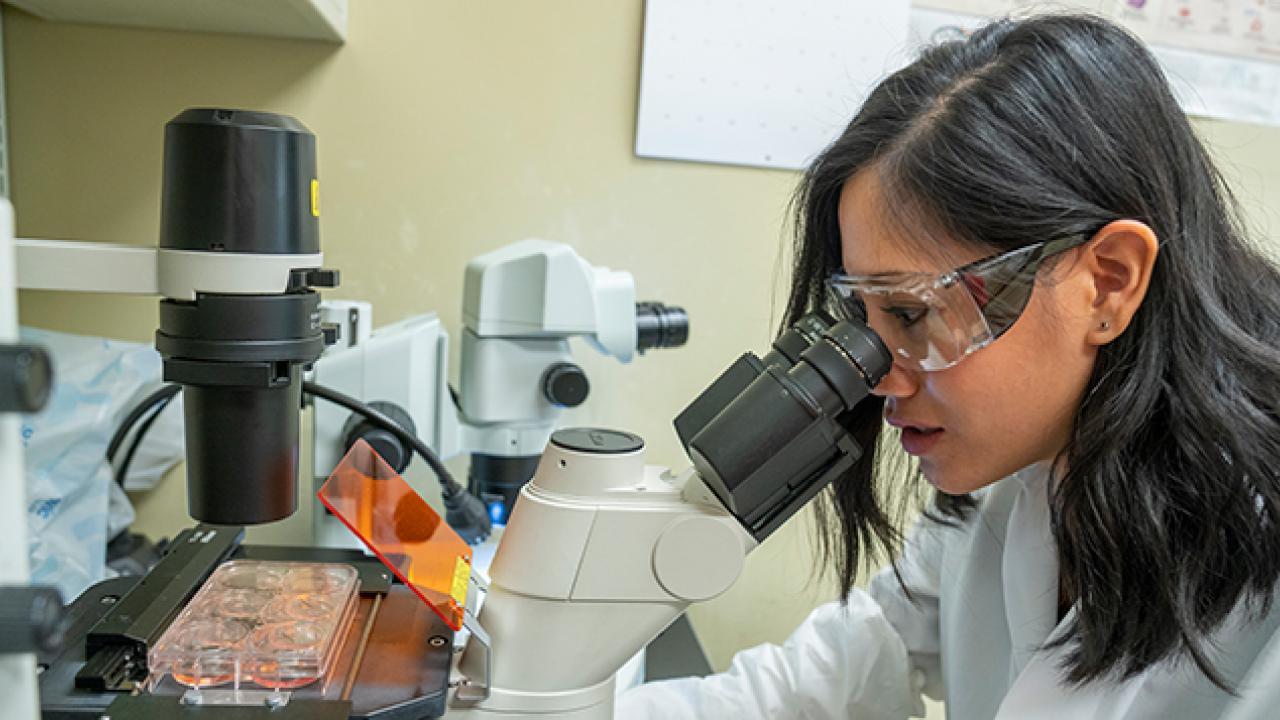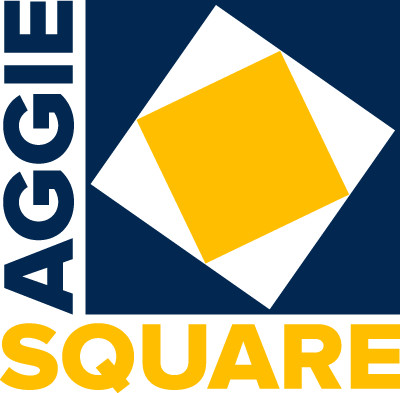
Aggie Square: Just What the Doctor Ordered
UC Davis Health has enjoyed superior rankings over the years from outlets such as U.S. News & World Report, Becker’s Hospital Review, and the American Heart Association. To Lars Berglund, associate vice chancellor for biomedical research and vice dean for research, one reason for the rankings is clear.
“For the past 10 to 15 years, we have had an unparalleled increase in research and funding,” Berglund said. “No one comes close in the ascendance of our ranking.”
However, Berglund also realizes this growth wouldn’t be sustainable under current conditions. “First, we were simply running out of space,” he said. “And our portfolio was very focused on federal funding. We had very little industry partnerships and relatively modest philanthropy — we needed to diversify.”
Plans to address these issues were then folded into Chancellor Gary May’s vision of a new innovation ecosystem that harnessed the power of the entire university. “This got a life of its own and became Aggie Square,” Berglund said. “Now it’s a microcosm of what UC Davis can be.”
Berglund and other leaders on the Sacramento campus see enormous value in formalizing relationships with their counterparts across the causeway. “Our colleagues in Davis are incredibly innovative,” Berglund said. “This is a balanced university with strengths in many areas like agriculture, engineering and veterinary medicine. Aggie Square’s location within the UC Davis Health footprint may mean its initial attraction is health, but health is more than medicine.”
For Professor Oliver Fiehn, director of the West Coast Metabolomics Center in Davis, these stronger links can make a dramatic difference in his daily work. Fiehn and his team help doctors diagnose complex diseases and measure the potential value of personalized treatments. The center’s work can help researchers fight major diseases such as diabetes and cancer.
Fiehn wants a presence in Aggie Square, and he’s already looking to occupy lab space in Oak Park near the medical campus. “We will have closer contact with technology firms and clinical researchers,” Fiehn said. “This gives us more urgency and better turnaround-time from samples to information that guides trials and treatments.”
To Fiehn, the reason is simple. “It’s communication,” he said. “I can always call someone, but it’s not the same as meetings with people … the commitment of being in the room.”
Fiehn wants a presence in Aggie Square, and he’s already moving into interim lab space on the Sacramento campus. “We will have closer contact with technology firms and clinical researchers,” Fiehn said. “This gives us more urgency and better turnaround-time from samples to information that guides trials and treatments.”
Dr. Griff Harsh, chair of neurosurgery at UC Davis Health, sees entrepreneurial opportunities for faculty that will ultimately benefit patients. “I was thrilled that the medical campus was chosen as the site for Aggie Square. Our faculty, in neurosurgery and throughout the university, have so many innovative ideas awaiting development and commercialization,” he said.
Without the resources that only companies can provide, however, ideas are not easily advanced into widespread use. Harsh explained, “Having industry partners to work with is a tremendous accelerator.”
In Aggie Square, Harsh envisions “a steady stream of commercial products that expand our toolbox to the benefit of our patients."
Harsh pointed to an example from one of his colleagues. “In treating collapsed discs, after our spine surgeons remove the bad stuff, they need replacement material to help reconstruct the degenerative spine. Kee Kim, the senior spine surgeon in our department worked with UC Davis scientists to develop and commercialize a novel biologic material that promotes bone healing and fusion.” he said. "To produce this carbohydrate polymer and make it available worldwide, Dr. Kim helped establish a company, and now they’re off and running.”
